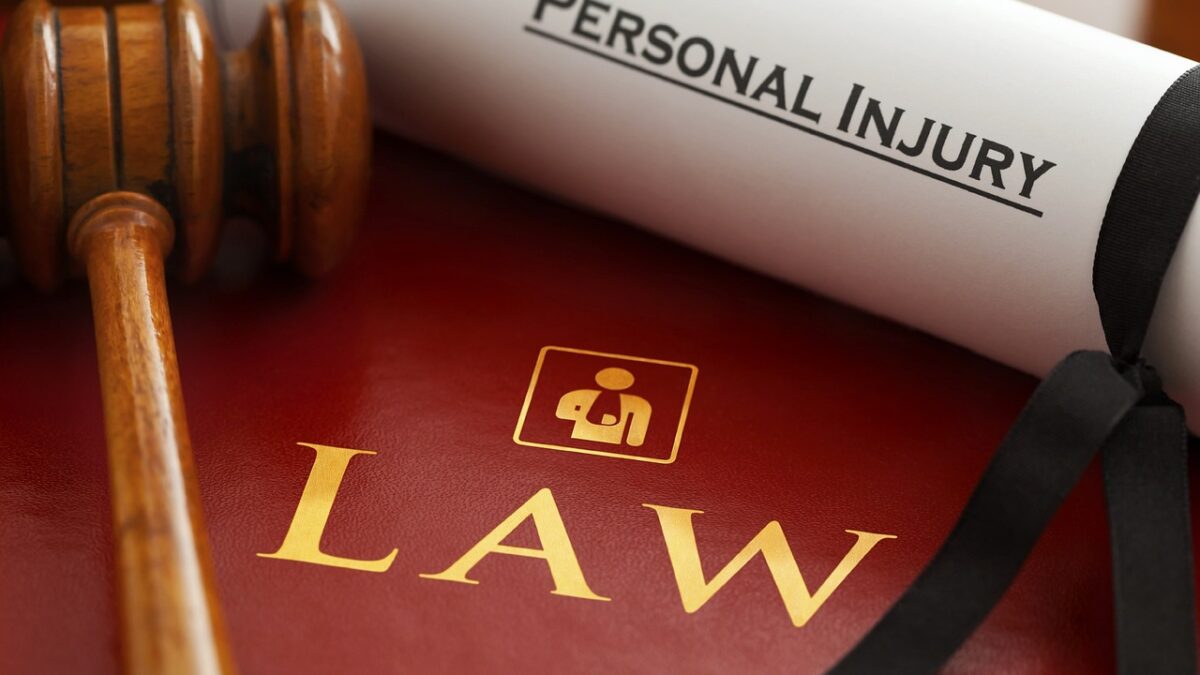
How To Ensure A Smooth & Stress-Free Divorce
April 16, 2024
Navigating Motorcycle Accidents in Atlanta: A Guide to Legal Assistance
April 17, 2024Personal injury cases can arise from various incidents such as slip and falls, car accidents, or workplace injuries, resulting in physical, emotional, and financial challenges for the victims. The key to navigating these challenges successfully lies in thorough documentation of the incident and its aftermath.
Initial Steps After the Incident
After an accident, the initial steps are critical for building a strong personal injury case. Here are the first things you should do after an accident:
- Seek medical attention: Seeking immediate medical attention, regardless of the perceived severity of injuries, is essential to document injuries and start necessary treatment.
- Report the accident to authorities: It is also crucial to report the incident to relevant authorities like the police, property owner or manager, or employer to ensure proper documentation and investigation.
- Gather witness statements: Collecting witness information, including names, contact details, and statements, is equally important as their testimony can be valuable evidence during legal proceedings.
These proactive measures significantly contribute to ensuring your rights are protected and strengthening your case’s foundation.
Which Documents Are Required to Document an Injury?
When involved in a personal injury accident, documenting key information and obtaining specific documents is crucial for building a strong case and ensuring fair compensation. The following documents play a vital role in documenting and substantiating your injury claims:
Official Reports
Official reports such as police reports, incident reports filed with businesses or property owners, or accident reports from workplaces provide an official record of the incident. These reports detail important facts, statements from involved parties, and any initial assessments of fault or liability.
Photo Documentation
Capturing photos of the accident scene, injuries sustained, property damage, road conditions (in case of car accidents), and any contributing factors is essential. These visual records serve as tangible evidence to support your claims and provide context to the incident. Include close-up shots of injuries, vehicle damage, hazardous conditions, and overall scene perspectives.
Witness Statements
Collecting witness statements, including your own detailed account of the events leading to the injury and statements from other victims or bystanders, helps corroborate your version of events. Witness testimony can provide valuable insights and support your claims during legal proceedings.
Medical Reports and Treatment Journal
Maintain detailed medical records, including doctor’s diagnoses, treatment plans, medications prescribed, and rehabilitation progress. Keeping a treatment journal documenting your pain levels, symptoms, limitations on daily activities, and emotional impact can strengthen your case by showcasing the ongoing effects of the injury.
Physical Evidence
Preserve any physical evidence related to the injury, such as torn clothing, damaged personal items, bruises, cuts, or other visible injuries. These physical manifestations serve as tangible proof of the harm suffered due to the accident.
Insurance Information
Gather and organize relevant insurance information, including your health insurance policy details, auto insurance (if applicable), and any other relevant insurance coverage. Understanding your insurance coverage and potential compensation avenues is crucial for navigating the legal and financial aspects of your injury claim.
Bills and Invoices
Keep all medical bills, invoices for treatment expenses, estimates for property damages, and any other related financial documents organized and accessible. These documents provide concrete evidence of your economic losses and help calculate the monetary damages sought in your injury claim.
Conclusion
Thorough documentation is the cornerstone of a successful personal injury case. By following the steps outlined in this guide and seeking legal advice from a Johns Creek car accident lawyer, you can strengthen your position, protect your rights, and pursue fair compensation for your injuries and losses.
An accident lawyer can also ensure that you don’t miss important deadlines such as the statute of limitations, which is crucial for filing your injury claim within the legally allowable time frame.
Remember — diligence and attention to detail can make a significant difference in the outcome of your case.





